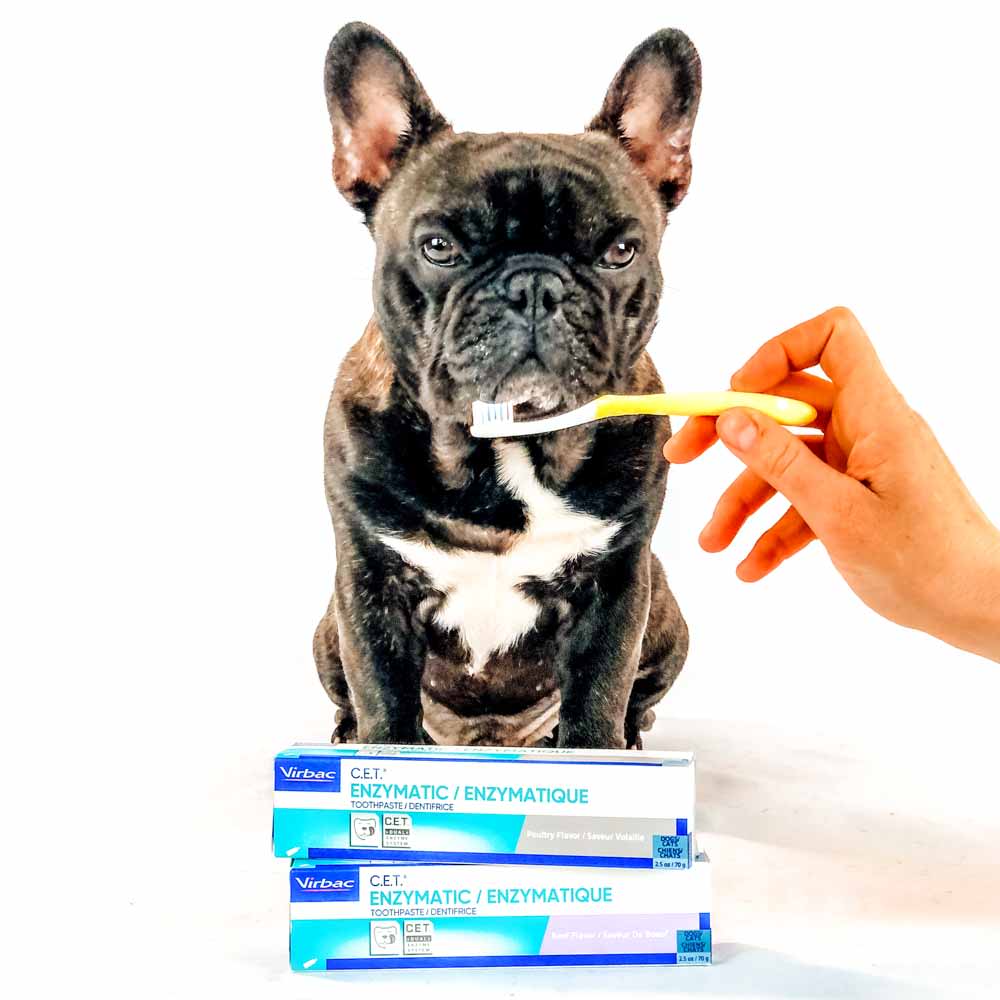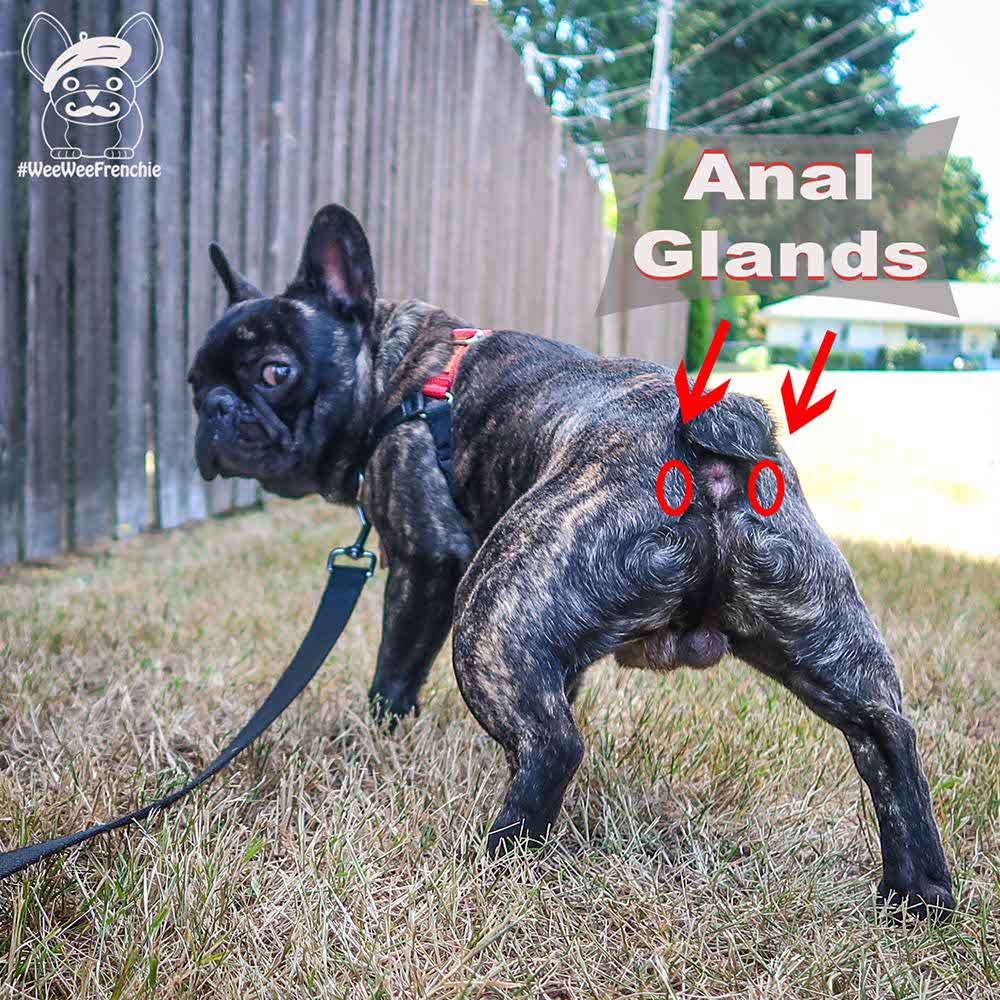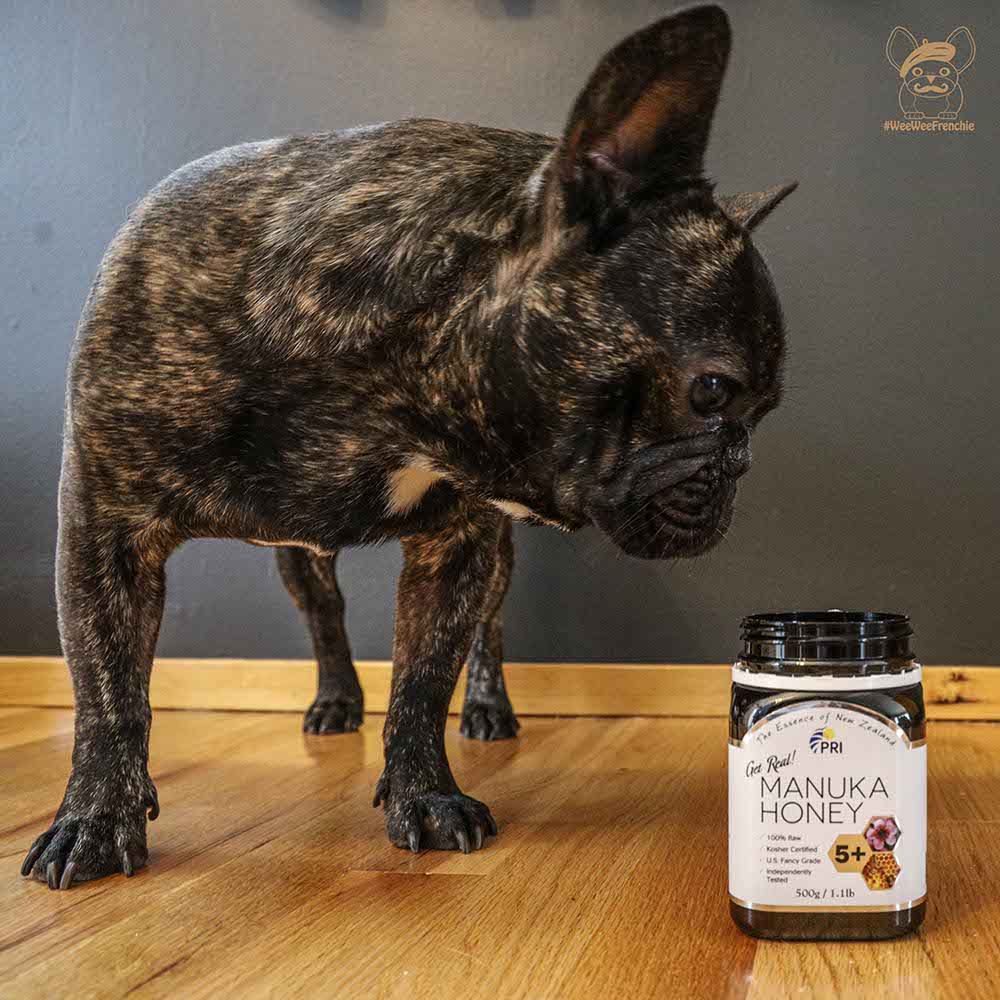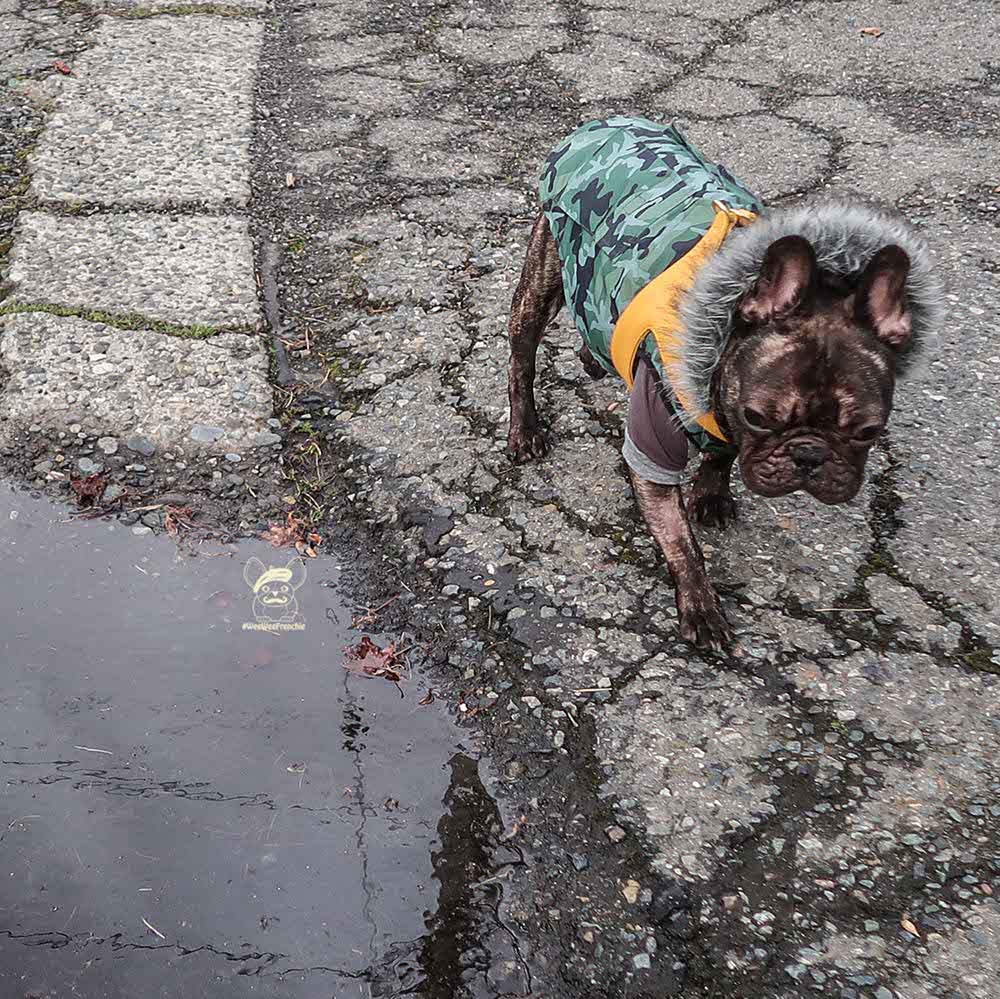How to Paw Paint with Your Dog
When opportunities arise for us to create more beauty in this world, it would be a shame to forgo the moment. So when I stumbled upon a dog paw painting event, I jumped at the chance.
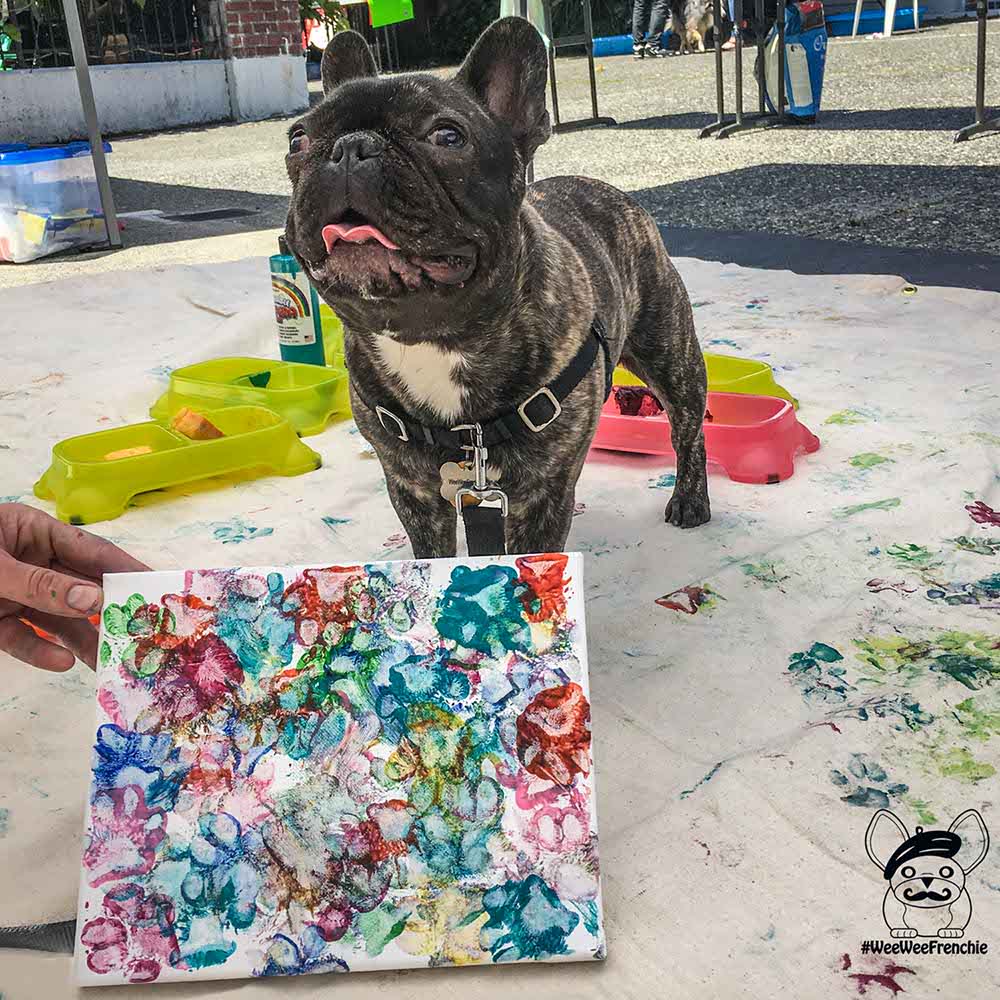
When opportunities arise for us to create more beauty in this world, it would be a shame to forgo the moment. So when I stumbled upon a dog paw painting event, I jumped at the chance. I was excited to see the colors my dog would pick, as well as view the masterpiece created by my dog. What does it take to create your own dog paw painting event?
What do you need for paw painting:
- Non-toxic washable paint (get an array of colors)
- Sponges cut into 2” pieces
- Tubs for different colors (use old food containers and lids before recycling them)
- Paint drop cloth or old sheet
- Wet wipes or a small tub of water to wash paws between color changes
- Canvas (small or large size, get creative)
- Styrofoam (or cardboard) cut smaller than the canvas to fill backing, which allows support during dog painting
- Your dog
Setting up paint area:
- Find shaded area for your dog (this allows optimal concentration and prevents overheating)
- Lay down drop cloth or old sheet
- Line up containers and fill with paint
- Put a 2” x 2” moist (not wet) sponge at every paint container
- Lay down foam on drop cloth and put canvas on top. Make sure foam is recessed under the canvas (this prevents your dog from puncturing canvas while painting)
How to paint:
- Get your dog
- Choose a color
- Dip the sponge into the paint but wipe off the excess on the side of the bowl
- Gently press the sponge on the bottom of your dog’s paw about 2-3 times until whole foot pad is covered
- Direct your dog’s paw to the desired spot on the canvas, and let your dog stand onto their leg. This creates a better paw print than pressing the paw into the canvas.
- After a few seconds, remove paw. Repeat steps 3 - 5 until you have covered the canvas with paw prints or you feel you have a masterpiece.
- NOTE: Wipe your dog’s paws with a wet wipe (or wet in water) between color changes. If you want more of an Impressionist painting, skip the paw clean-up between color changes. Let your dog create natural swirls and color combinations.
Clean-up:
- Put painting in a safe area to dry
- Wash dog’s paws in a small bowl of water or have a hose ready to rinse paws (either towel dry paws or let air dry)
- Once painting is dry, write the name, date, and/or age of dog on the back ledge of canvas with a sharpie or label printer so you can cherish the moment forever
- Find the ultimate spot to hang the painting. You want to make sure that your doggy Picasso does not go unnoticed! Make sure it is on display for all to see and admire!
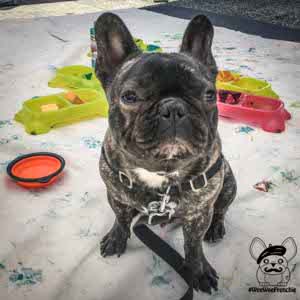
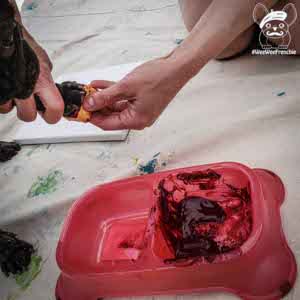
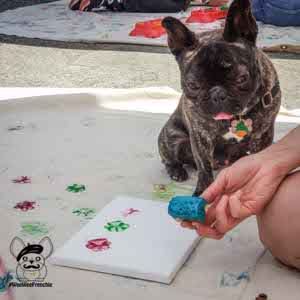
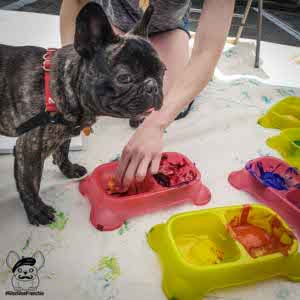
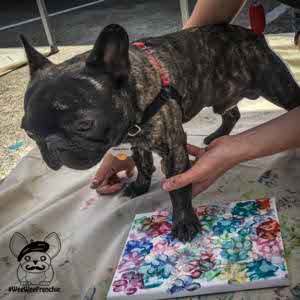
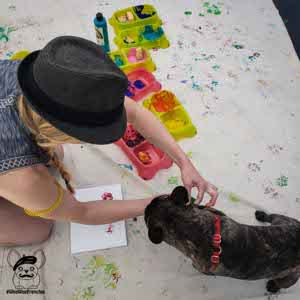
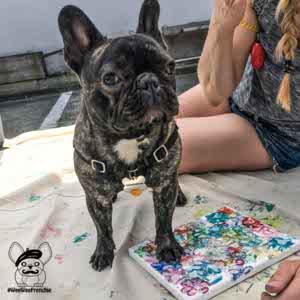
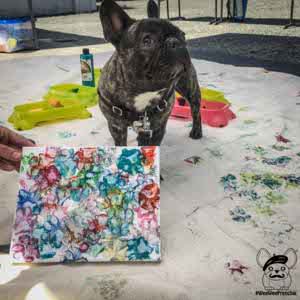
hoenix was a bit unsure about our experience when we started painting. He thought the sponges and paint were treats for him to eat. After realizing that the paint and sponge did not smell like food, Phoenix let me gently lift his leg and dab the paint onto his paw. He winced at first, not sure what I applying to his foot, but after setting his paw onto the canvas, Phoenix eased his weight onto the canvas to create his very first paw print! We lifted his foot and admired his "first stroke", and bystanders cheered us on to create more!
As we continued for the next several minutes, Phoenix eased into the painting experience as if he had been painting his entire life. Phoenix quickly formed a fan club who were admiring his work and commented on his concentration, as well as his delicate touch. They gasped when finding out he was only 10 months old since he seemed to enjoy getting his paws dirty without being rambunctious in the process.
This project was fun, as well as a great team-building event. Building a relationship with your dog requires time, patience, and fun opportunities for growth and development. Neither one of us had paw painted before but we figured it out as a team.
Initially, our paw prints were over-painted blobs but as we continued, the paw prints were more defined as we learned to use less paint and take our time. Phoenix also learned to trust me as I would lift his leg, dab paint on his paw, and then direct his leg to a new section of the canvas.
It was rewarding to work together as a team with my dog, as we learned to paint together and let each other do their part. Our strong bond was evident as strangers continued showering us with compliments regarding our good teamwork skills and patience. Creating special moments with my dog are memories that will be cherished in my heart forever.
“Every artist was first an amateur.” ~ Ralph Waldo Emerson

